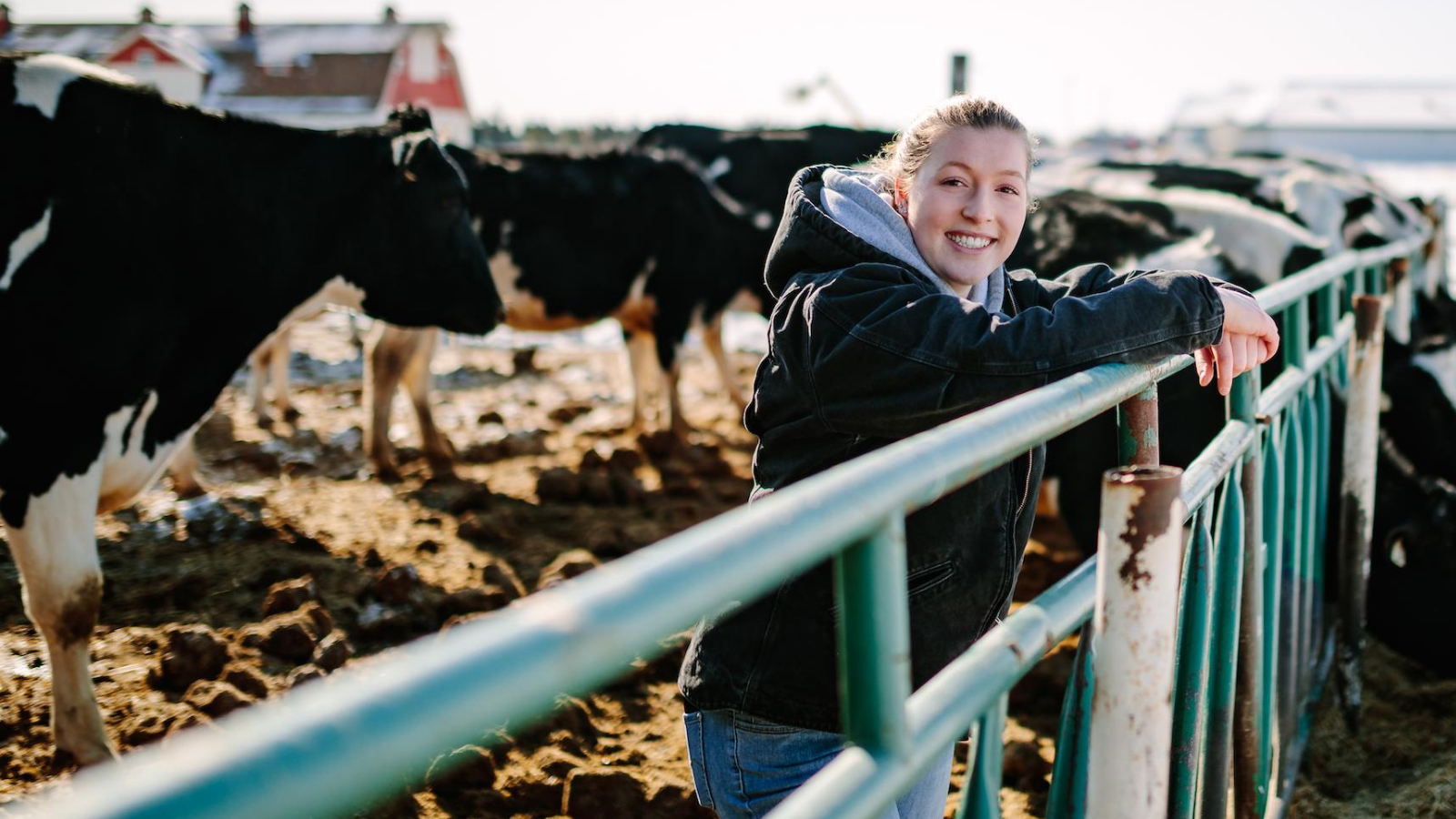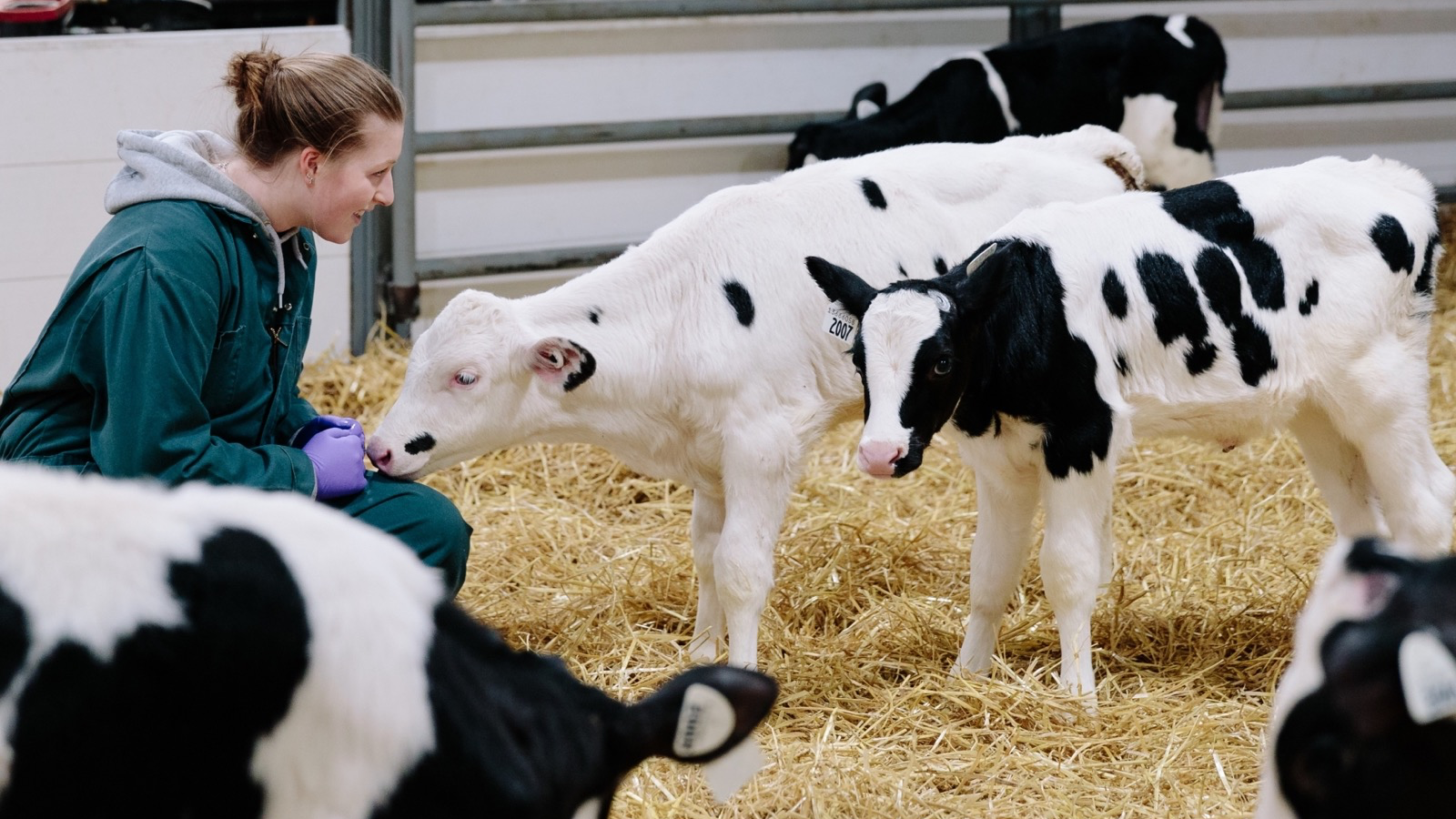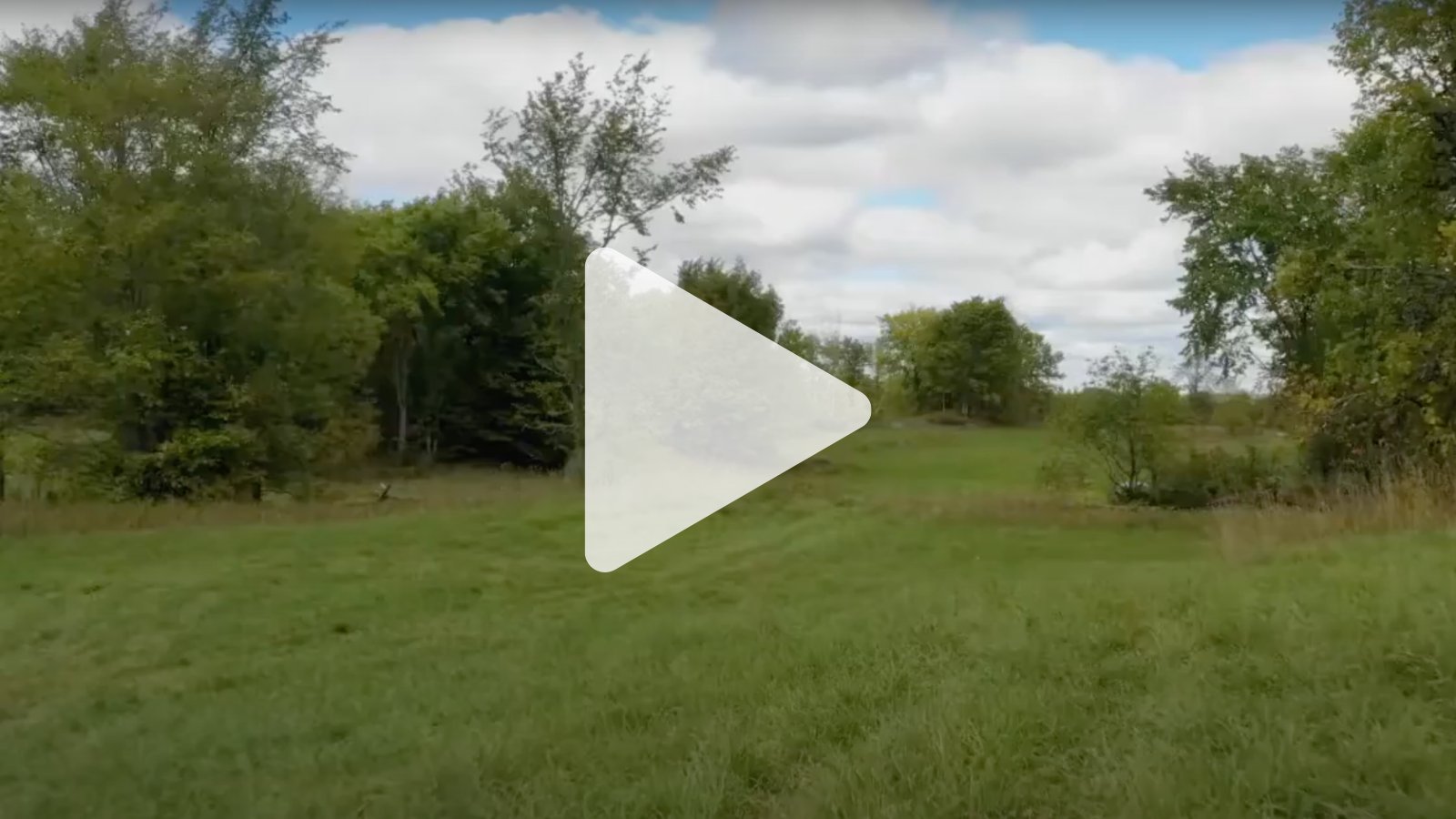Bachelor of Science in Animal Health

Why Study Animal Health?
This interactive program will help you to understand the biology and behaviour of large animals or companion animals, as well as the human-animal bond. You’ll also discover the connection between animal health and the safety of the food supply and examine issues faced by the animal health sector, the food production industry and government. Follow your passion for animals into this program and pursue a range of careers that deal with animal health, including veterinary medicine.
Hands-on Learning
Develop hands-on skills in our many plant and animal research facilities and work on real-world projects that examine issues faced by industry, government and environmental organizations in the ALES Mini-Internship Program (AMIP). The AMIP offers a unique opportunity for students to get first-hand learning experience on careers in agriculture, life, and environmental sciences. Each Fall and Winter reading week, this program matches students with an industry specific organization for a visit and volunteer work. It also includes exclusive virtual presentations from agricultural producers from around the world.
Students are also welcome to gain experience in the dairy industry by volunteering with the Hand’s on a Holstein program! Participants are incorporated into daily operations at the Dairy Research and Technology Center located on South Campus, and can engage in special projects centred around animal welfare and management.
Majors
 Study companion and performance animals, such as animals found in search and rescue, sport, animal assisted therapy, and service.
Study companion and performance animals, such as animals found in search and rescue, sport, animal assisted therapy, and service.
 Delve into animal nutrition, microbiology, physiology, behaviour and production to gain insight into how livestock and poultry interact with food industries.
Delve into animal nutrition, microbiology, physiology, behaviour and production to gain insight into how livestock and poultry interact with food industries.
Animal Health student Kara grew up in the city with pets, but hadn’t seriously considered pursuing a career with animals until she took an elective in Animal Science. Listen to her story and find out why she chose the Faculty of ALES in this YouTube video.
Featured Courses
Principles and practices of modern animal production and management. Brief introduction to the structure of the livestock, poultry, and game ranching industries. Principles of animal management, breeding and feeding. Students gain direct experience with animals in production/research environments.
Feature Career
Geneticist Geneticists study the structure, function, variability, and transmission (heritability) of genes. They also use DNA (deoxyribonucleic acid) sequence variations to conduct forensic, wildlife, evolutionary, agricultural, and medical research. Average Salary: $92,613
Source: Government of Alberta, Occupations in Alberta
Careers in Animal Health
- Animal welfare officer
- Animal nutritionist
- Food safety & quality assurance advisor
- Production specialist
- Pharmaceutical researcher
- Commodity inspector
- Policy analyst
- Animal shelter director
- Animal behaviour consultant
- Animal/pet sector sales & marketing manager
- Geneticist
- Veterinarian
Interested in studying animals? You might also be interested in the BSC Agriculture - Animal Science major.
Study Here
The Faculty of Agricultural, Life & Environmental Sciences (ALES) at the University of Alberta provides solutions to global challenges in the areas of agriculture, nutrition, the environment and human ecology. Spread across four departments, ALES faculty members and staff apply their broad scientific expertise in world-class facilities to improve lives at local and international levels. Learn on location at South Campus, which is home to leading research in animal metabolism, crops, dairy, poultry and swine. Students have access to one of the largest faculty scholarship programs at the institution, and can get involved with the thriving student community for a memorable and life-changing university experience.

